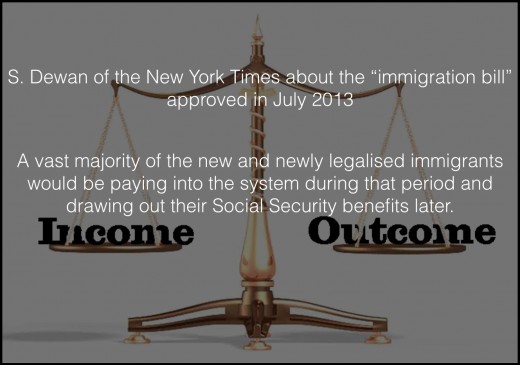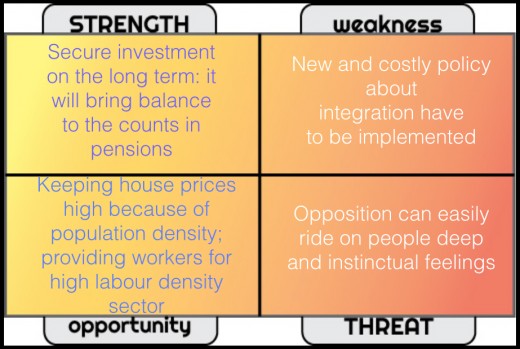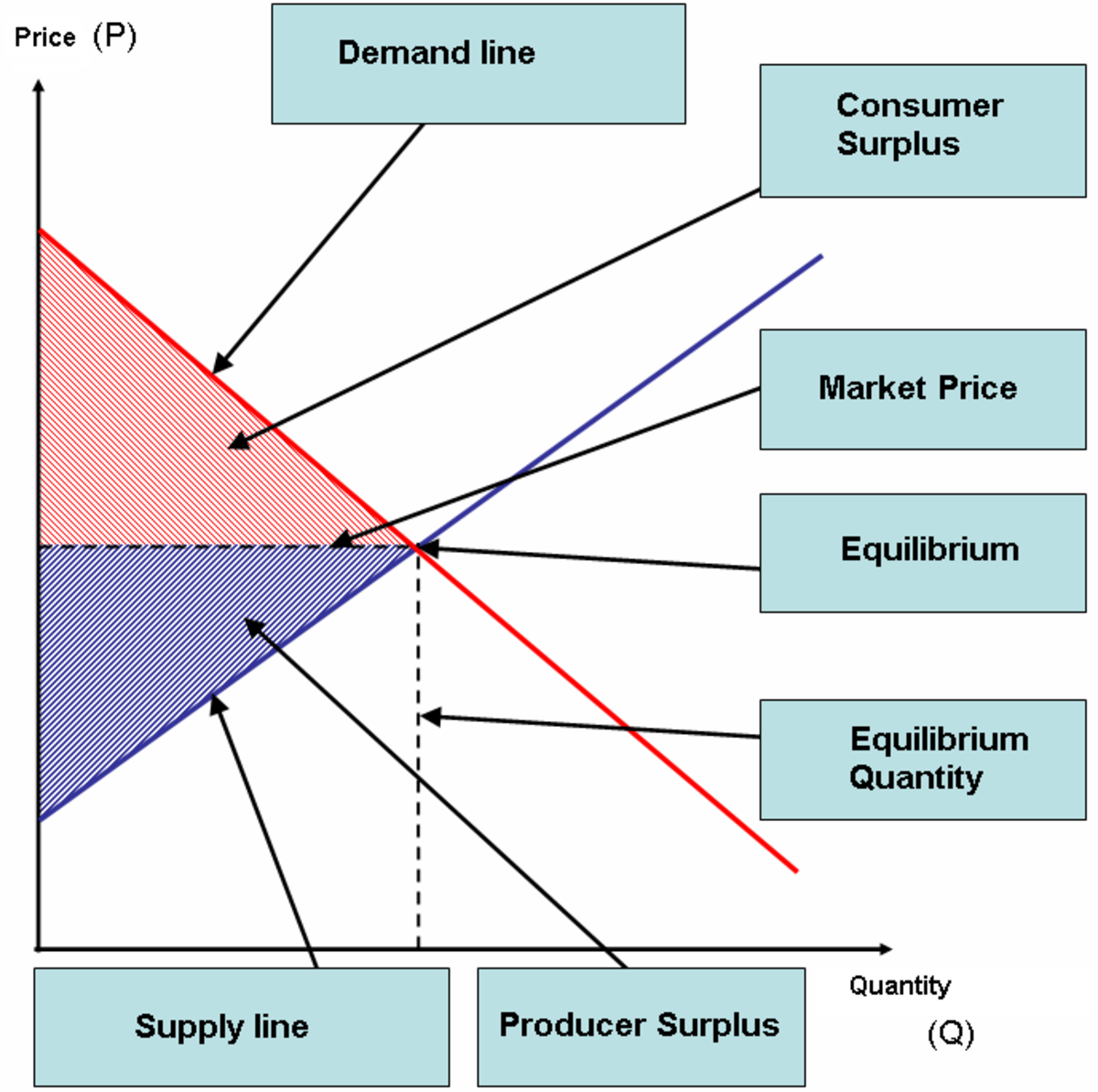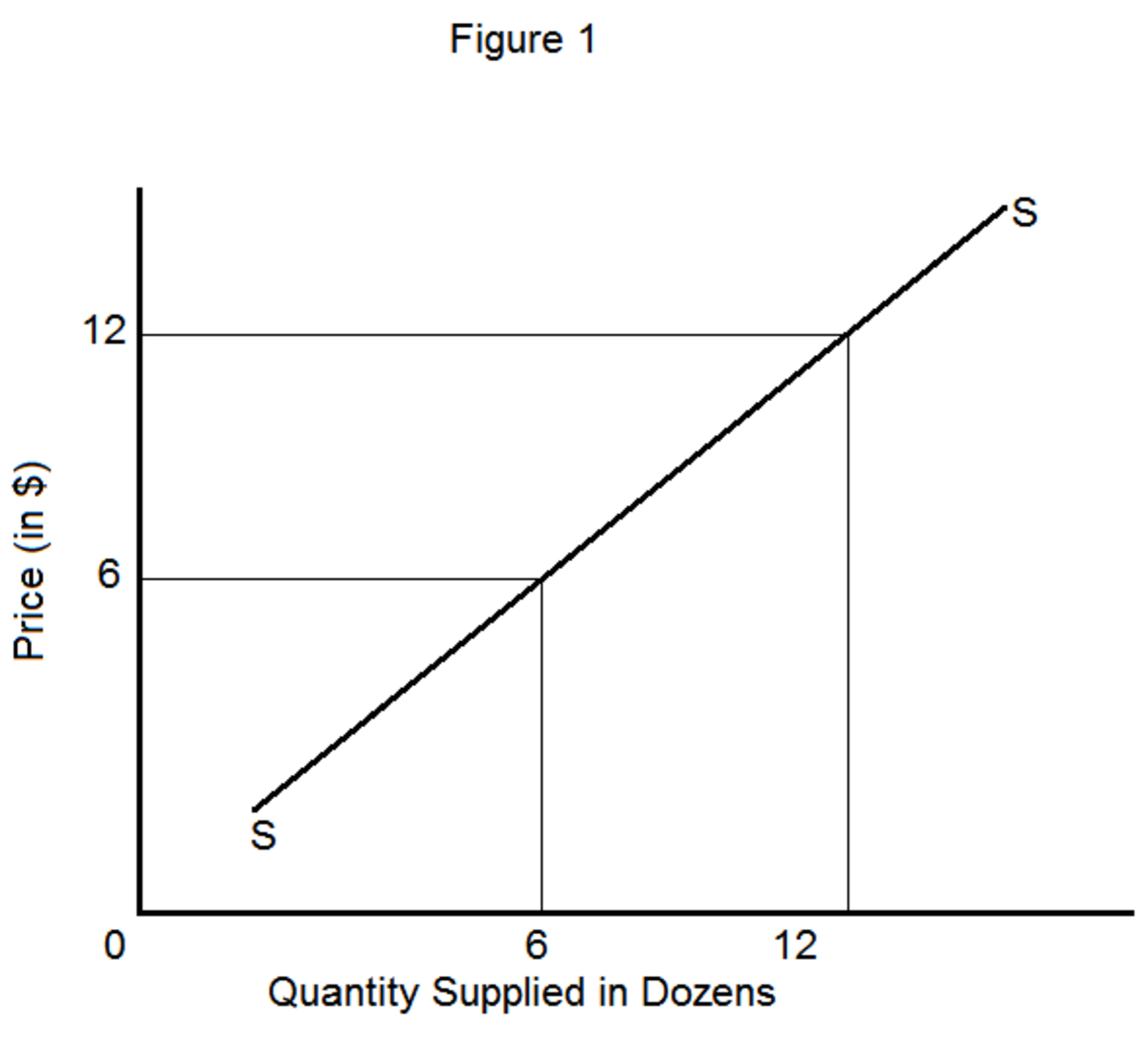The impact of immigration on a country's economy

The debate about immigration is strong: are the newcomers welcome or should they be considered as a threat? Apart from instinctual reactions, such as fear of differences also known as xenophobia, especially when it is intended in relation to people geographic origin, the debate on this topic should be focused most on social and economic consequences.
The first study about this is a 1911 document by the American House of Deputes: in this was evidenced how the presence of immigration used to affect negatively workers behaviour in the factory as an environment.
In economics, GDP is strictly linked to the output level (Y). Output level is (positive) function of human capital (H), physical capital (K) and the total labour population (L).
Y= H ; K ; Le
The immigrants tends to play an important role in H and L variables. In fact they are employed mainly in sectors that are labour intensive and this does not allow them to have a significant impact on the GDP growth compare with their quantity.
A question that has always brought some doubts

One must know there are two theories about the impact of immigration. One is arguing immigrants do compete with national workers, and menace their job positions, the other insists more on the society to be segmented; some sector would because of this reason need to be full up by immigrants. The two theories are known as the replacement hypothesis and the segmentation hypothesis. As it's easy to see, both of them are purely descriptive and there is no moral prescription in them.
Generally speaking their impact on social expense is positive, as they increment it. But considering the amount of tax payed, a country like the UK can clay to have wealth added by immigrants instead that a loss of it.
New York Times consideration on income and outcome of the american reform bill

A final consideration regards the role of immigrants in reinforcing systems linked to social security. Due to their age, the relevant majority of immigrants in the west will pay the systems more than be payed by them. That is to say, immigrants will bring a significant tax income and a lower outcome in pensions and assistance by the state. In the end we can say immigrants are the cause of some costly policies that in the long terms will have an heavy payback.
A policy that is immigrant friendly: SWOT matrix









